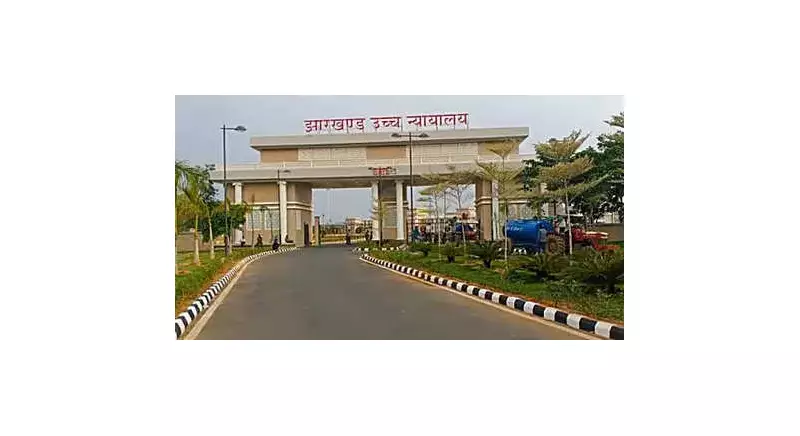
The Jharkhand High Court has initiated contempt proceedings against an advocate following a heated verbal exchange that occurred during court proceedings, marking a significant moment for judicial decorum in the state.
During a recent hearing, advocate Rajiv Kumar found himself in a confrontational situation with Justice Sanjay Kumar Srivastava. The tension escalated when Kumar allegedly made remarks that the court deemed disrespectful and potentially contemptuous.
Courtroom Confrontation Escalates
The incident unfolded when Justice Srivastava was presiding over a case where advocate Kumar was representing one of the parties. According to court documents, the exchange became increasingly heated, leading to what the court described as "unacceptable behavior" from the legal practitioner.
Justice Srivastava took immediate note of the advocate's conduct during the proceedings. The judge expressed strong disapproval of the manner in which Kumar addressed the court and the nature of his arguments.
Formal Contempt Proceedings Initiated
The High Court has now formally issued a contempt notice to advocate Kumar, requiring him to show cause why contempt proceedings should not be initiated against him. This legal action underscores the judiciary's commitment to maintaining dignity and respect within court proceedings.
Legal experts in Ranchi are closely watching the case, as it highlights the delicate balance between vigorous legal representation and maintaining proper courtroom decorum. The incident serves as a reminder to legal professionals about the boundaries of professional conduct during judicial proceedings.
Broader Implications for Legal Practice
This case brings into focus the standards of professional behavior expected from advocates appearing before higher courts. The Jharkhand judiciary has consistently emphasized the importance of maintaining the sanctity of court proceedings and respecting judicial authority.
The contempt notice represents the court's firm stance on preserving the dignity of judicial institutions. The advocate now faces the serious task of responding to the notice and defending his actions before the court.
As the legal community in Jharkhand awaits further developments, this case serves as an important precedent regarding professional conduct and the consequences of overstepping established boundaries in courtroom interactions.





